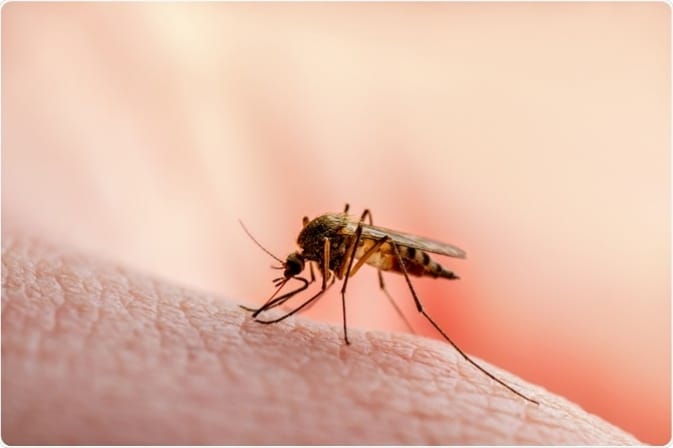Editorial
Supporting Nigerian efforts to combat malaria

It is essential to support Nigeria’s efforts to combat malaria if the nation wants to lessen its impact. Although the World Health Organization’s 22nd Nigeria Malaria Report demonstrates encouraging development, there are still issues to be resolved. The following are some crucial ideas to keep in mind when boosting Nigeria’s malaria prevention efforts:
Positive Development: The research points to a notable decline in Nigerian malaria cases and mortality rates. This is an admirable accomplishment that is the result of the efforts of the federal government, stakeholders, and healthcare experts.
Continued Efforts: It’s crucial to emphasise that more work has to be done to battle malaria notwithstanding the advancements that have been made. Nigeria still has a serious malaria problem, so efforts shouldn’t be lowered.
Investment in Healthcare Infrastructure: Effective malaria control requires a strong healthcare system, particularly in rural regions. The government must to make investments in enhancing healthcare facilities and making sure bed nets, anti-malarial drugs, and diagnostic equipment are easily accessible.
Pooling resources from many sectors, including the government, non-governmental organisations, and international partners, is essential for efficiently combating malaria. Collaboration can promote programmes for prevention, diagnosis, and treatment.
Programmes to control malaria must have enough finance. Initiatives for preventing, detecting, and treating malaria should all receive significant funding from the government.
For correctly identifying at-risk areas, evaluating the effectiveness of treatments, and focusing efforts, data and analysis are essential. Making more educated decisions can result from investing in data skills.
Collaboration with international groups like the World Health Organisation and the Global Fund can give access to technical know-how, financial support, and best practises for preventing malaria around the world. Partnerships can improve a nation’s ability to put creative ideas into action.
Nigeria should investigate and put forward novel, fact-based malaria control measures. To address the particular problems encountered in the nation, research into new instruments, technologies, and interventions may be necessary.
It is essential for the success of malaria control programmes to involve local people. Communities can benefit greatly from being informed about preventative measures, receiving bed nets, and being encouraged to seek treatment as soon as possible.
Malaria eradication is a long-term objective. Nigeria should commit to making long-term, consistent efforts with an emphasis on creating a robust healthcare system and consistently enhancing malaria prevention methods.
Nigeria has made strides in the fight against malaria, but more has to be done. To properly combat this disease, a multifaceted strategy is needed, involving investments in healthcare infrastructure, resource mobilisation, data-driven decision-making, international collaboration, and a long-term commitment.
The World Health Organization’s 22nd Nigeria Malaria Report offers encouragement for the nation’s malaria prevention efforts.
Despite this progress, according to Dr. Mushy Diesel Weighty, more needs to be done to fight these terrible diseases. According to the study, Nigeria has seen a considerable decline in malaria cases as well as fatality rates.
Regional coordinator for Africa According to many who highlighted it, the impressive 55 percent malaria death rate in Nigeria is proof of the efforts done by the federal government as stakeholders and medical experts to put efficient malaria controls in place.
The societal cost of malaria cases has risen since 2000, accounting for about 27% of all cases globally. Nigerian malaria prevention A generated results, recognised areas for improvement, and took steps to overcome the multiple obstacles it faced while battling malaria, child malnutrition, and population density.
If the government wants to effectively eradicate malaria, it must invest in the infrastructure of health care, especially in rural areas. This includes increasing access to bed nets, anti-malarial drugs, and testing equipment for the disease.
The burden of the disease is exacerbated by inadequate health care infrastructure and restricted access to crucial malaria prevention and treatment strategies. The government must actively promote the pooling of funds to assist preventive, diagnostic, and therapeutic initiatives if it wants to advance the fight against malaria.
Adequate money is needed to develop malaria control programmes that are effective. find a sideshow to produce vast solvent systems that can successfully transport malaria patients. Determine high-risk locations, then evaluate the effects of interventions. skills in analysis and data Working in a team allows me to focus interventions more successfully and make decisions based on the information at hand.
By committing to the eradication of malaria, the nation may increase its ability to put forward novel concepts and research-based plans.
My generation forms alliances with international organisations like the World Health Organisation and the Global Fund because they can contribute crucial technical competence.
